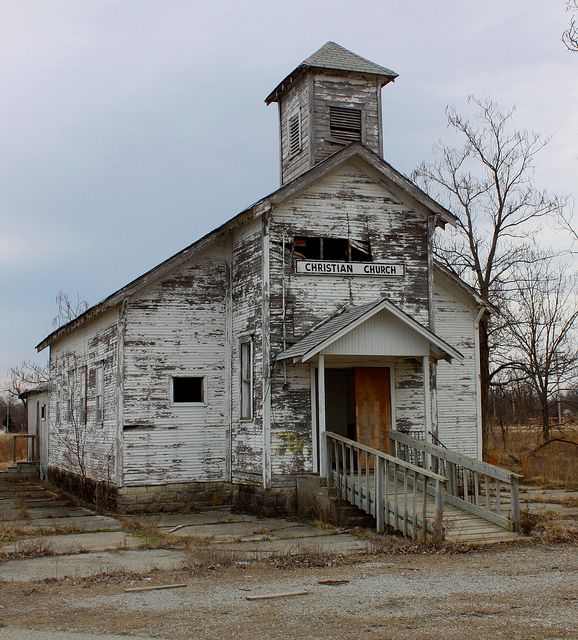
“Let us hold fast the confession of our hope without wavering, for he who promised is faithful. And let us consider how to stir up one another to love and good works, not neglecting to meet together, as is the habit of some, but encouraging one another, and all the more as you see the Day drawing near.”
It seems that this passage out of the Bible’s book of Hebrews has been causing a bit of consternation in the community lately. A lot of people think we’re in uncharted territory with a pandemic ravaging the world, and to some extent, maybe we are. But in reality, the church has faced things like this in the past. It is built into its DNA that men and women of faith have been tested by such trying circumstances throughout history – certainly to the point of being unable to “meet together” – and yet their faith has carried them through.
The Christian church has faced plague and death in the past and emerged as a beacon of hope to the world. For over two-thousand years, its members have been willing to sacrifice their very lives to bring healing and rest to the sick and destitute.
Has that time come to an end? Here we are, living in the comforts of the twenty-first century, and we’re hit with a pandemic that, although very difficult for many people, is nowhere near as devastating as those tragic events of the past. And yet, rather than seeking to alleviate the suffering of their neighbors, some churches would rather use their efforts to find ways around government requests to be helpful in their ways of worship. That is especially apparent here in Korea, where we’ve just had another major outbreak tied mainly to churches in Seoul and Gyeonggi Province.
The Bible speaks of both meeting together and obeying the authorities over us. It also tells us to obey God first when those two are in conflict. But are they in this case? The government is asking people to be cautious, to not gather in large groups, to wear masks and keep their distance. They’re testing and sanitizing and attacking every outbreak head on to prevent the situation from worsening. And yet we have some who absolutely insist on their right to ignore the work of the government so they can gather within the walls of a building.
Because apparently gathering within the walls of a building is more important than caring for the sick, the poor, the destitute, the elderly, widows.
This pandemic is crushing those segments of society, and the longer it lasts, the more people are devastated. Is this what God wants us to do? Perhaps it’s because people limit their concept of church to a bunch of people meeting once a week to sing some songs, hear a preacher, and then go out to lunch that we find ourselves in this situation. Or perhaps even worse, it’s because church is just a place to go every morning at 5am so God can see just how good we really are.
But what about our responsibility to society? How can we ignore the deeper meaning of the passage in Hebrews (in light of the rest of the Bible) that implies there’s more to it than the five words “not neglecting to meet together”? Doesn’t it say in the very same passage that we should “consider how to stir up one another to love and good works”?
Jesus may have fed the thousands, but nowhere in the Bible does it command the gathering of so many. Is the church so intent on numbers now that it cannot see the value of smaller groups of people worshipping together and loving others in their community? Where are the real numbers in God’s commands? I only see “where two or three are gathered in my name, there am I among them,” and even that takes context to be clear.
There is something to be said for the power of a large church. It has talent and resources that aren’t available to people in smaller settings. But it also has a dearth of holiness among huge segments of its population – more people mean that many more who think that simply belonging to the church is all that is necessary to being the church. It’s that mindset in such large numbers that gives power to the thought that showing up once a week is the primary requirement to getting into heaven.

We know though that the power of the church is not in the numbers, but in God himself. “Let us hold fast the confession of our hope without wavering, for he who promised is faithful.” That is what drove believers throughout history to go to the front lines, ready to die, when sickness swept the world. Is this time different? It seems so. It seems that the church is content to cloister behind its walls and ignore the hardships of those around them. Are members of the church going out into society and trying to help those who are shut in and scared? Are they visiting their neighbors and offering what they can, no matter how meager? Are they willing to mask up and wash their hands so they can get their hands dirty doing important work in the name of Christ?
Or are they content to hide behind the walls of their church? Or even worse, will they insist on their right to hide behind those walls and damn the rest of the world?
I cannot begin to know all that God is doing with his church right now, but I know that it can never hurt for his people to do a deeper examination of their faith and, depending on what they find, re-order their lives. Maybe then we can find out what we really are neglecting.
